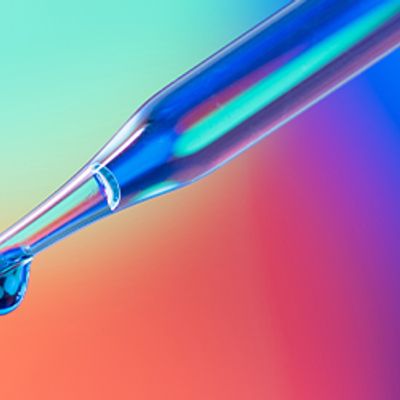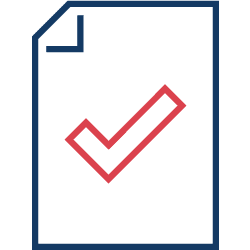Even as the life sciences industry transforms at an unprecedented pace, quality issues drain up to 30% of pharmaceutical manufacturing costs. More than 300 drugs and medical devices were recalled in the last two years, highlighting the vital importance of strong Quality teams. A critical function in the manufacturing process, Quality ensures final products are consistent, safe, effective, and predictable. Entrust your Quality talent needs to EPM Scientific, the preferred talent partner of industry-leading companies and mover-and-shaker startups. We will source and deliver the best people for the job when you need them.
How we can help
Since 2012, we have sourced exceptional Quality professionals for clients around the world. Our expertise and efficiency in filling individual and team roles is bolstered by ongoing development and training, as well as investing in top-class technologies. In addition to finding sought-after talent for our clients, we help talented individuals find career-advancing opportunities. Whether you’re looking to fill a Quality role, or looking for your next career opportunity, EPM Scientific can help you.
Quality talent solutions
EPM Scientific takes the time-consuming hassle out of finding permanent, contract, and multi-hire Quality talent solutions aligned with your company’s requirements. Thanks to our global talent hubs, we can find the right people for Quality roles and place them quickly.
Our Quality talent solutions extend to an extensive network of interim managers and contractors who are ideal for long-term and time-critical functions and roles. We also offer retained and contingent services tailored to your company’s unique requirements.
We specialize in finding the best Quality talent, offer superior account management, and support our clients with value adding services such as interviewing tips, remuneration guidance, and bespoke analysis.













